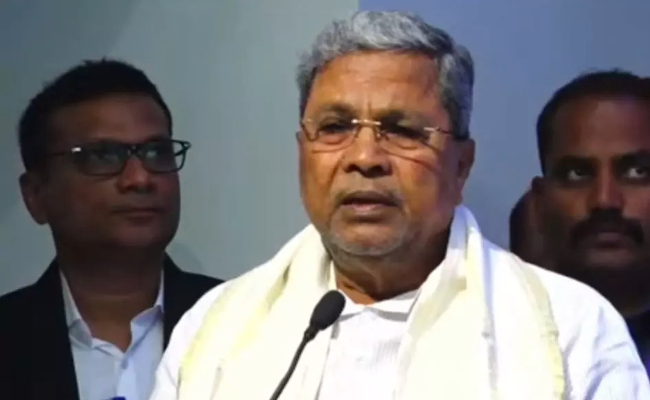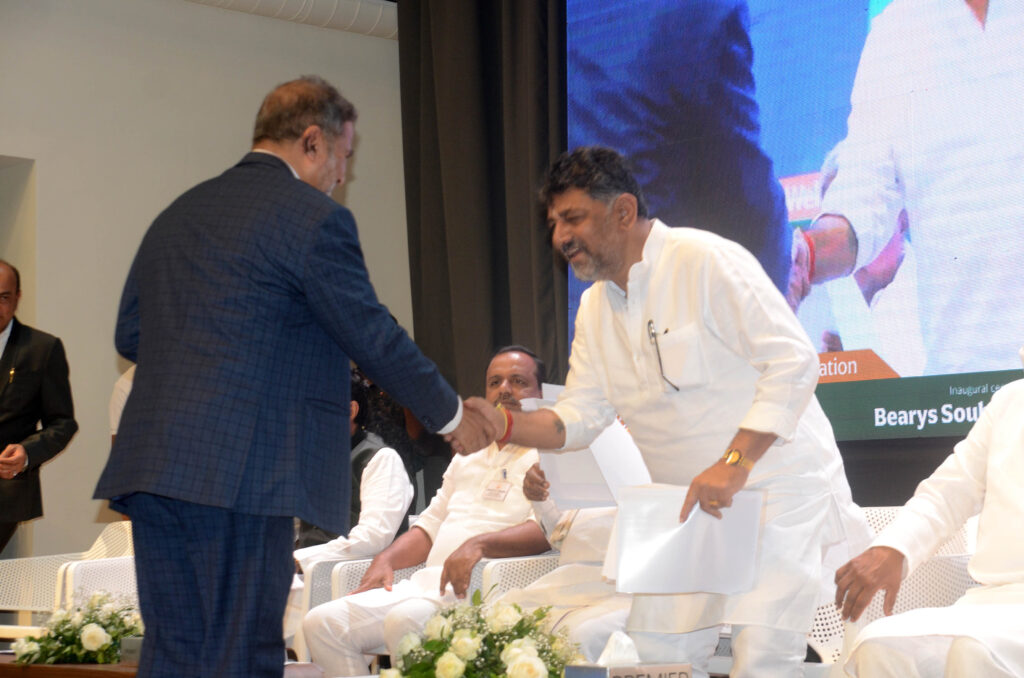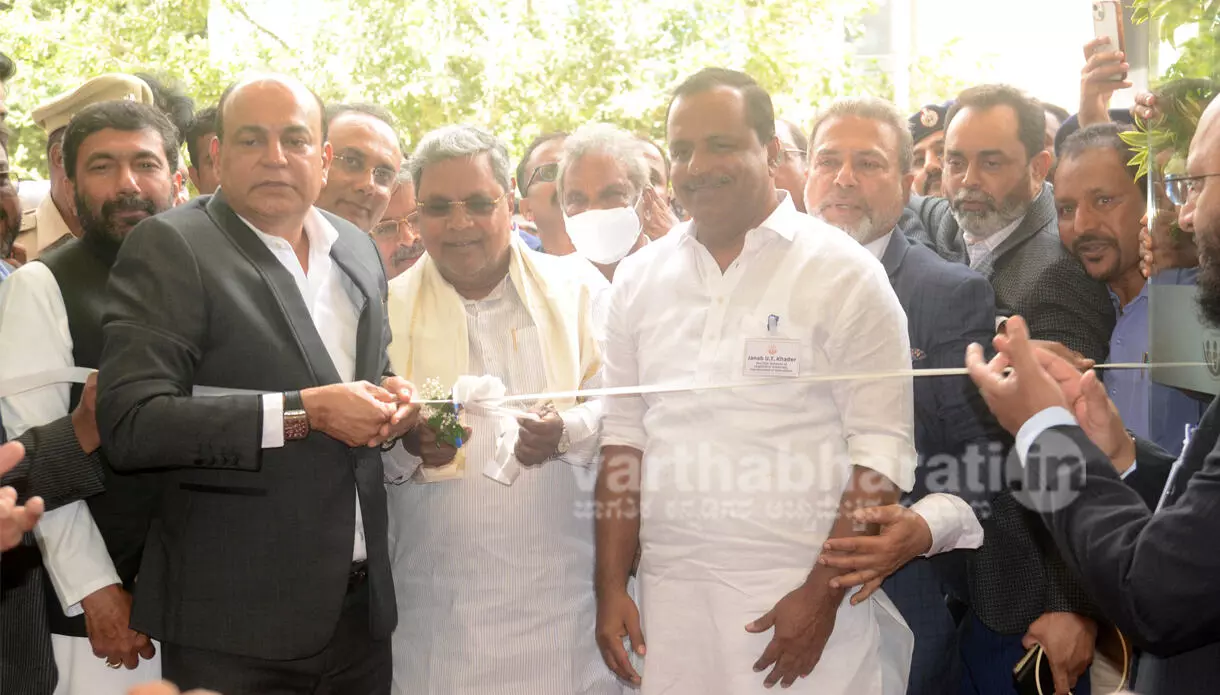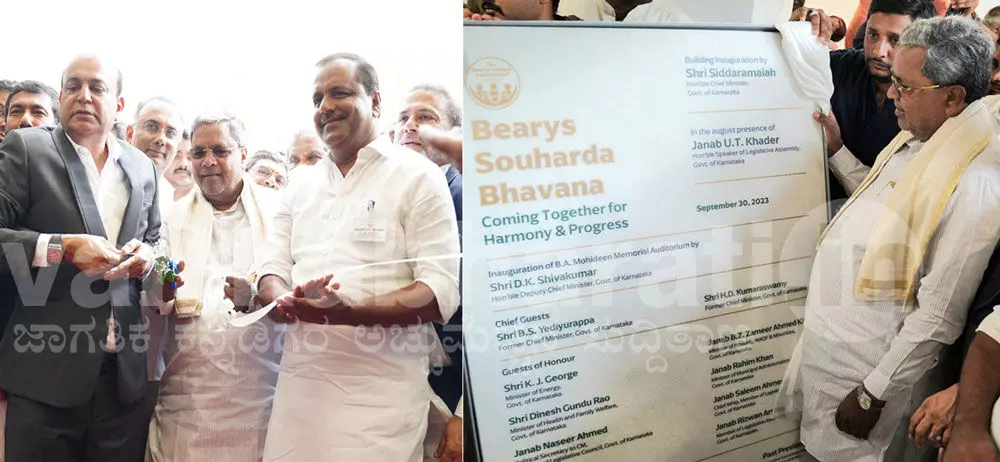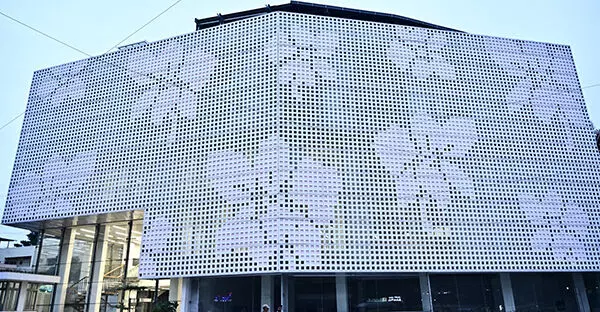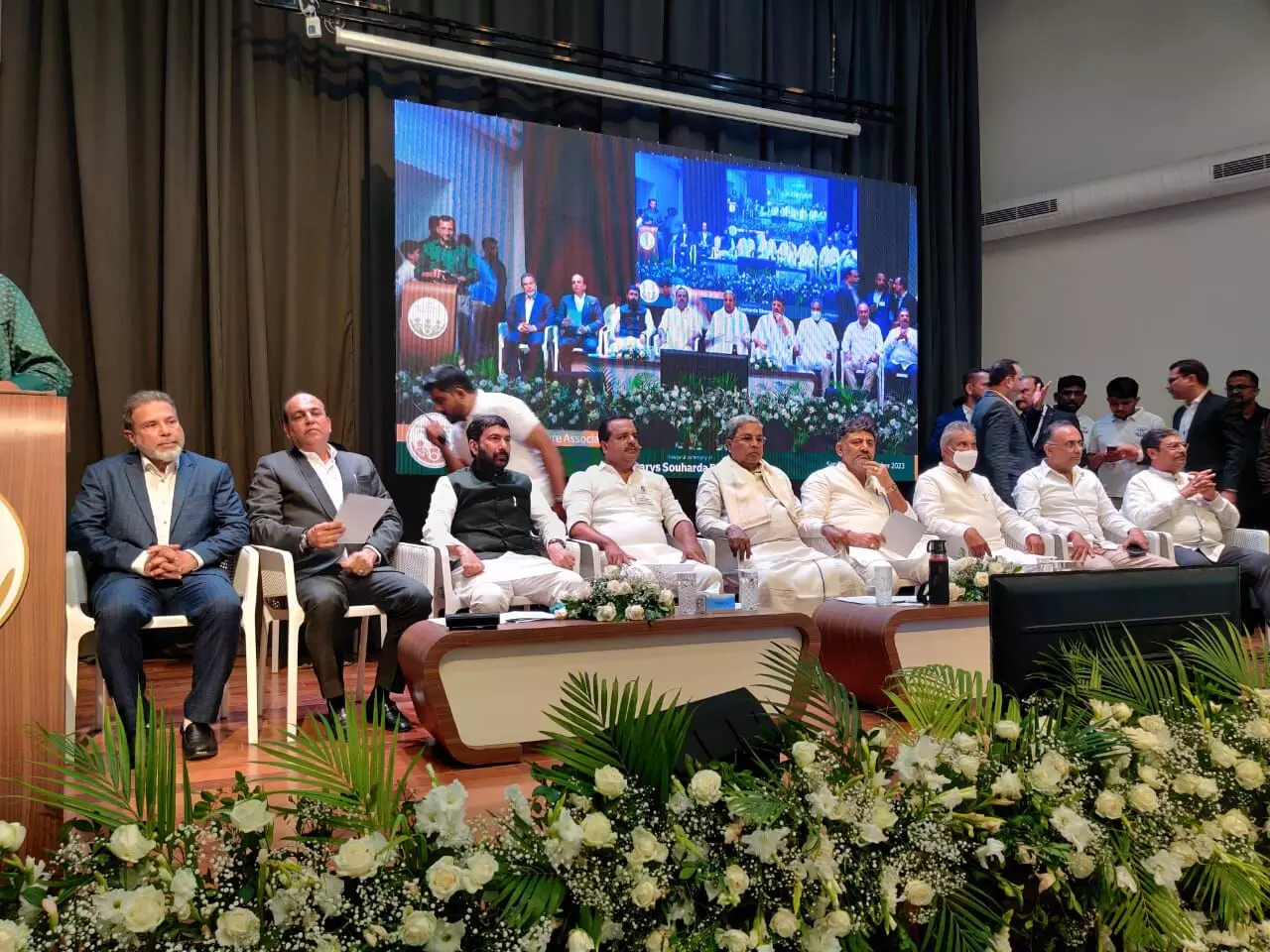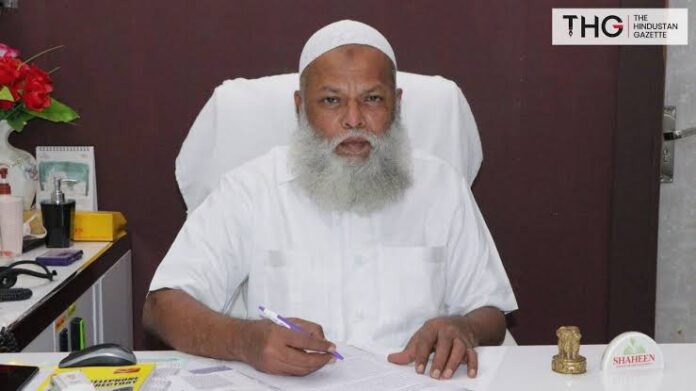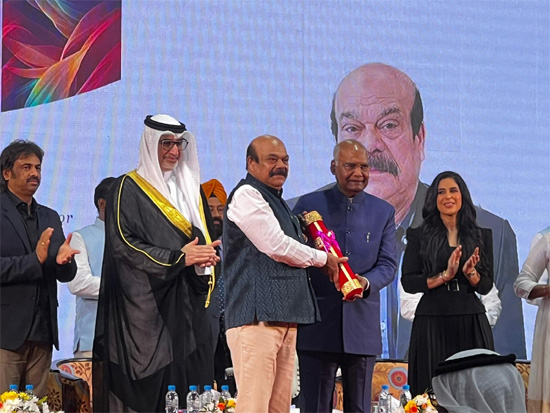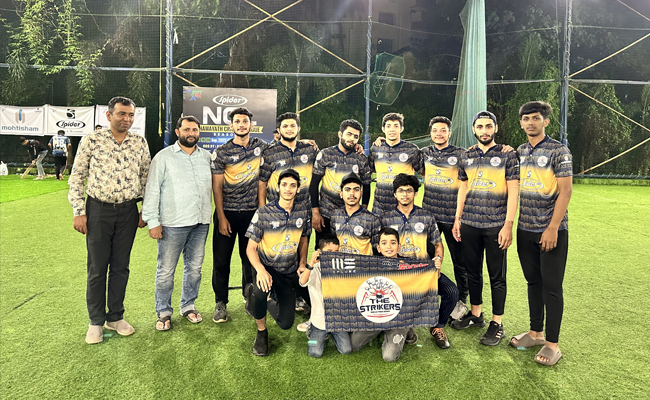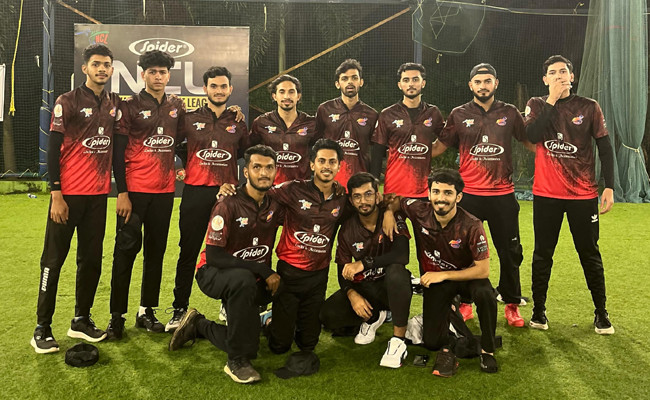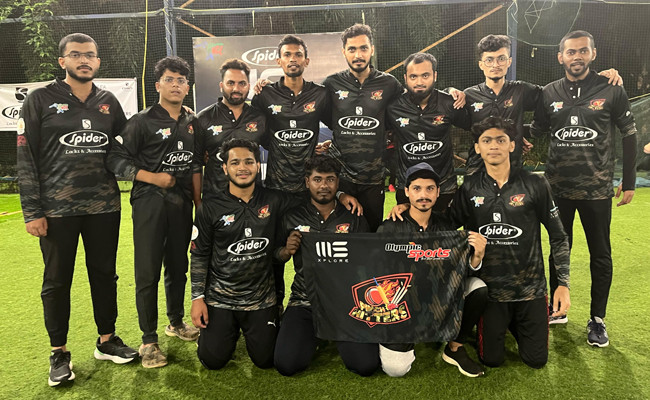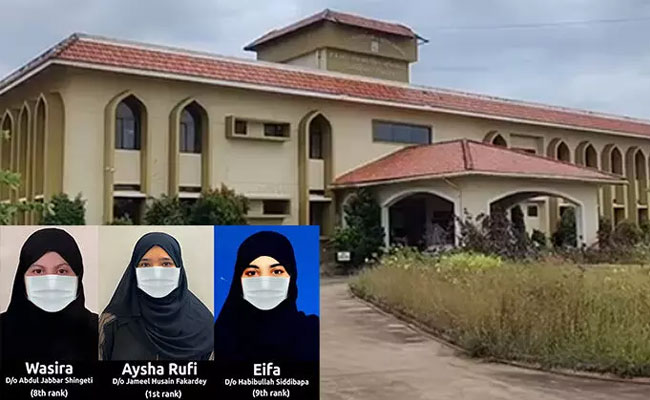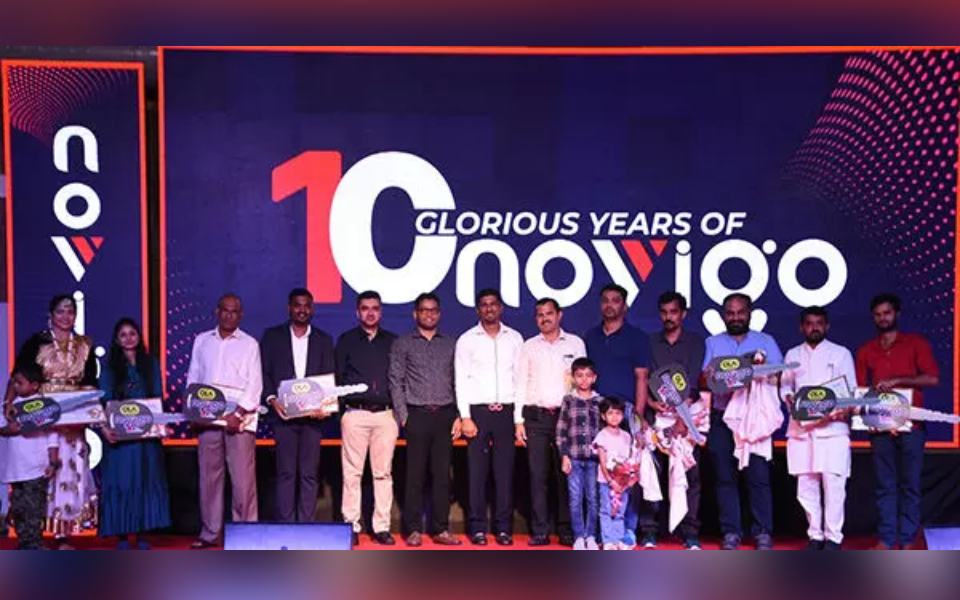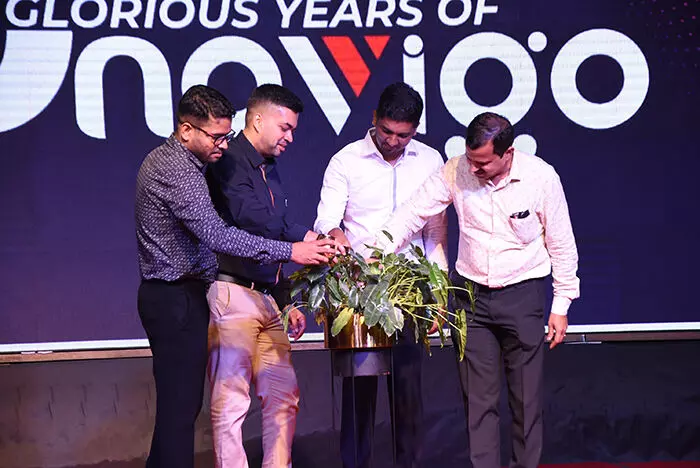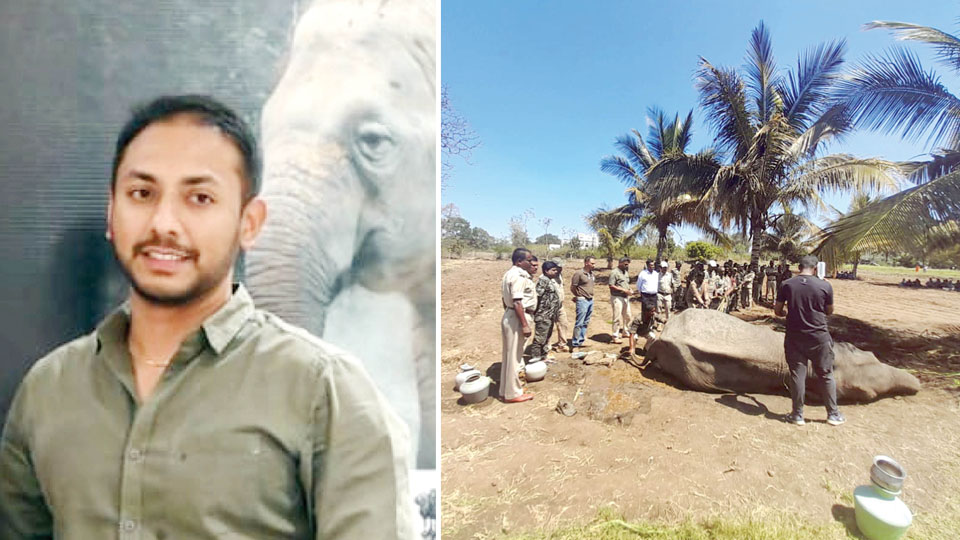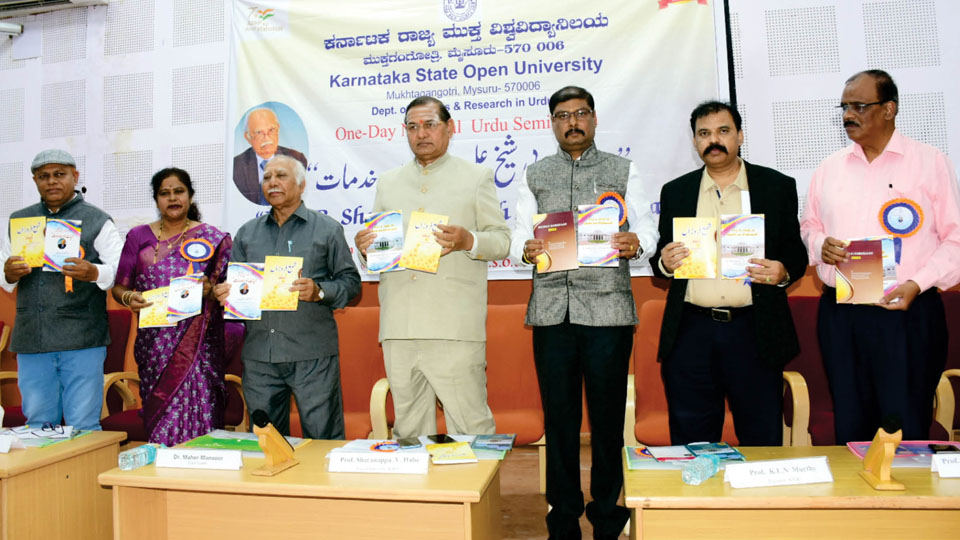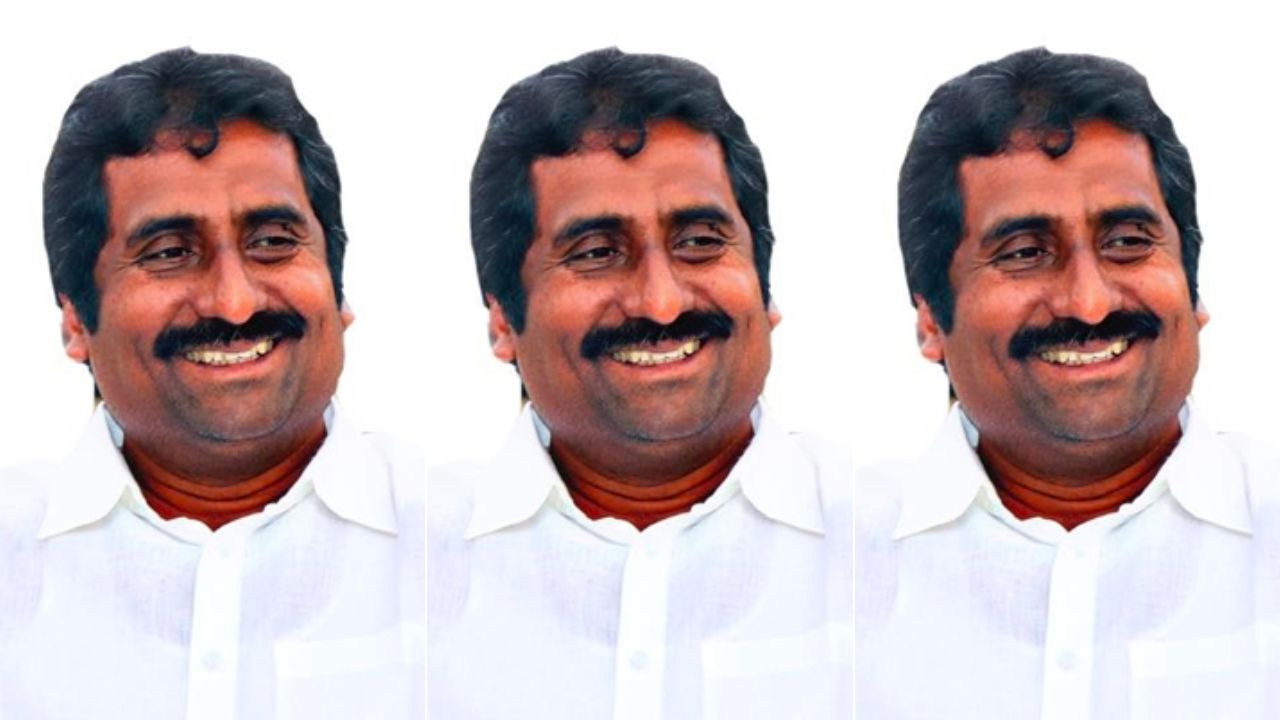Bengaluru, KARNATAKA / Samarkhand, UZBEKISTAN:

Samarkand (Uzbekistan) (PTI):
Mohammad Naushad, a retired man from Bengaluru had plans to travel the world after completing his tenure in the steel industry. He landed as a tourist in Samarkand a year ago and his quest for his morning masala tea and paratha prompted him to settle here and open the only Indian restaurant in the second-largest city of Uzbekistan.
Called “The Indian Kitchen”, the restaurant came as a respite to Indian students who are studying medicine here and used to miss Indian food. The locals here also fancy the wide-ranging menu from lip dosas to chicken biryani.
“I had no plans to work post-retirement and had no experience of working at a restaurant let alone running one. When I came here as a tourist, I headed out to have my usual breakfast of masala tea and paratha.
“I have travelled to so many countries and have always found some or the other place where Indian food is available. I was surprised to find out that there is not a single eatery or restaurant which serves Indian meals,” 61-year-old Naushad told PTI.
“A week more and the vibrant culture and simplicity of people here, prompted me to give it a shot and now Samarkand is my permanent home,” he added.
According to Naushad, the restaurant receives around 350-400 visitors per day and there are catering orders for weddings and events where having Indian cuisine as an option is a hit here.
His day starts with going to the “bazaar” with his staff to buy groceries as he prefers everything to be cooked afresh at the restaurant.
“There are over 3,000 Indian students in Samarkand and they tell me often that they used to miss Indian meals. The shahi paneer and naan and the rotis used to be a rare sight here. I expected the Indians to love the restaurant but the response I have received from Uzbeks is phenomenal,” he said.
Behind the lip-smacking dishes available at the restaurant is Ashok Kalidasa, a chef who hails from Madras. He earlier used to live in Uzbekistan’s Tashkent and is now settled in Samarkand.
“We enquire from each customer about the kind of spices they like us to use, whether they want it less spicy or tangy because Uzbek food is very different. The effort to customise the popular Indian dishes to their taste is what attracts the local crowd here. Indian students come here because they get their home food and the meals are not expensive,” he said.
Kalidasa says the most popular dishes at the restaurant are “masala dosa” and “chicken biryani” which is much different from the Uzbek “Pilaf”.
Asked about her favourite pick at the restaurant, Zarina, an Uzbek woman, said “I love masala chai”.
While right now the Indian Kitchen offers meals at the restaurant, Naushad has expansion plans.
“We are also thinking of starting a tiffin service for Indian students. Also, we get a lot of tourists. So I am contemplating opening similar setups in Bukhara and Khiva which are popular tourist destinations in Uzbekistan but do not have any Indian restaurants,” he said.
According to the Uzbekistan Embassy in New Delhi, the Indian diaspora in Uzbekistan has more than 5,000 people. In pre-Covid year 2019, over 28,000 Indian tourists visited Uzbekistan. However, the number has crossed over 30,000 this year so far.
source: http://www.english.varthabharati.in / Vartha Bharati / Home> World / November 19th, 2023
